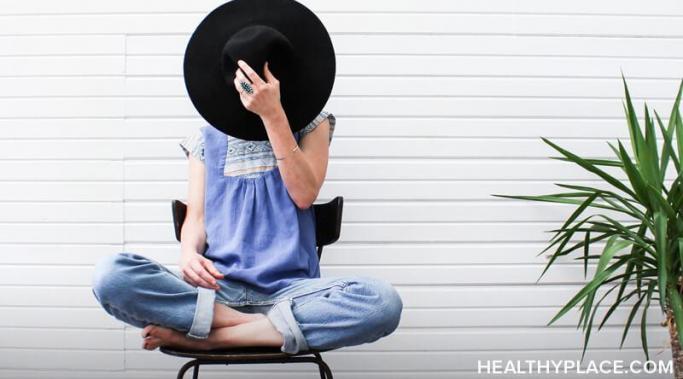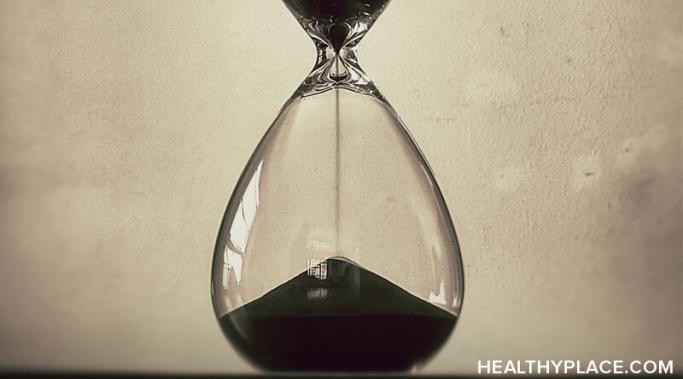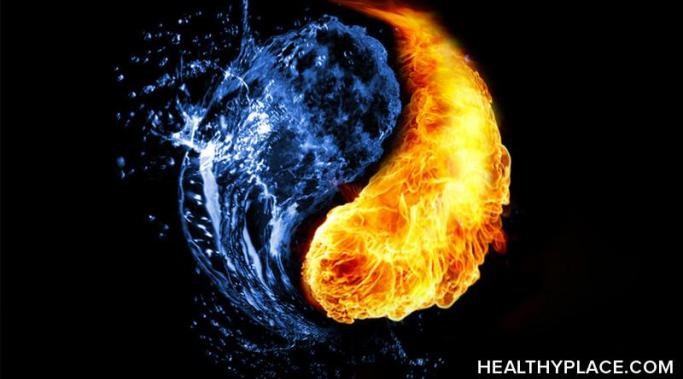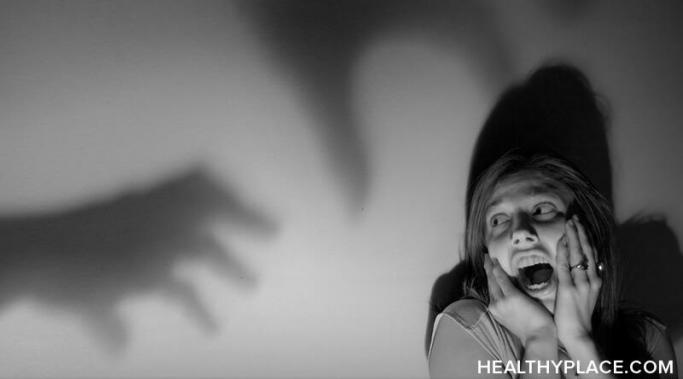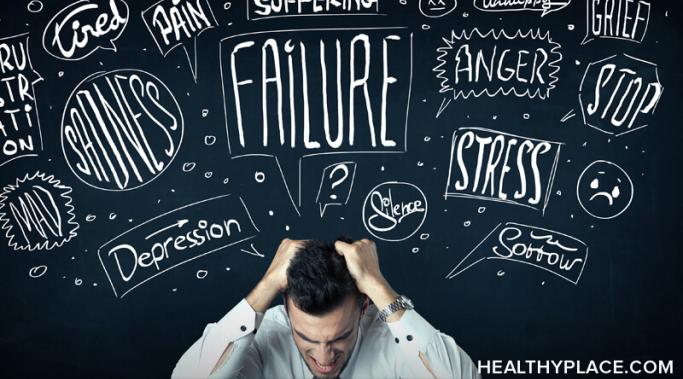I hate the phrase, "live your truth." I really do. Besides being tragically cliched, relegated to Instagram captions and gift shop t-shirts as it is, "live your truth" is generally marketed as a philosophy that will always yield a good outcome: live your truth, and you'll be radiant, prosperous, and probably really great at yoga. Live your truth, and achieve perfect bliss. Rarely have I heard a person or a piece of content urge me to live my truth and insinuate anything but a wonderful result.
Feelings and Emotional Intelligence
Opposite action is a skill I learned as a patient in dialectical behavior therapy (DBT) some three years back. I had begun DBT—a form of therapy that attempts to teach skills that can help counteract a particular behavior—for emotional volatility, and one of the very first skills that I learned was opposite action.
I believe that January offers the stillness necessary for revivification, and because of this, I've gotten into the habit the past couple of years of using the month as a true reset. I am especially thrilled about this opportunity this year. I ended 2022 not with a bang nor a fizzle but with a nagging cold, a shoulder injury, and a sub-par attitude. I'd like to share with you today my intentions around the new year to amend these physical and psychic wrongs.
This is my fourth attempt at writing a post today, and it'll be a miracle if it's my last. Since waking up this morning, I've started three different articles on three different topics, only to give up each after just a few sentences. Nothing was ringing true. So, I've decided to write about the only thing that does feel true, which is that today, I don't have much to say about bliss. I feel no bliss.
I know how important authentic feelings are to recognize. I'm feeling a little blue. Sorrier words have never inaugurated a blog post, I'm sure, but I'm not here to impress you, I'm here to be authentic, to share authentic feelings. What's authentic right now is that it's just one of those days.
This isn't one of those stock Thanksgiving blogicles where I waste 500 words tossing around washed-up phrases about how "gratitude is an attitude." It's much worse than that. I'm going to try to challenge your notion of gratitude altogether. I said early on in my HealthyPlace journey that I wasn't going to try to convince anyone of anything, but we all knew I was lying. So let me be explicit about this: I want you to leave this post believing that gratitude isn't just for the things in your life that are working. I want you to walk away feeling grateful for the challenges in your life that aren't.
I'm writing this just a few minutes removed from a morning run, which I hated almost every second. I'm not like the runners you see in the movies who gracefully jog with their camera-ready smiles; my face is usually fixed in a mask of focused despair, disguising not at all how distasteful I find the whole situation. This run was no different—my feet hurt, my heart pounded quicker than it wanted to, and my respiration struggled to keep pace. In short, the run absolutely, unmistakably, irrevocably sucked. It was exactly what I'd hoped for. I was hoping to increase my distress tolerance.
Death is coming for us all. I don't mean that to be threatening; I mean it to be relieving. Encouraging. Enlightening.
In the aftermath of one of my mental breakdowns, a wise friend once told me that "sometimes you have to think your way into acting differently, and sometimes you have to act your way into thinking differently." I guarantee he didn't come up with this catchy phrase himself, but I give him full credit for introducing me to the notion that when it comes to changing your feelings, your body is as valuable of a mechanism as your mind. If your mind is already sour, thinking yourself into a more positive experience probably isn't an option. You're better off acting your way into thinking differently—or better: biohacking your way into thinking differently.
Today we'll discuss how not to hate your life. But first, in the last post, I suggested that we ought to drive a wedge between the mechanism by which we understand the world—our brains—and the product of that understanding—ourselves. In the end, I declared that you are pure observation. If you're still scratching your head about this, an easier way to view it is to equate yourself with your experience of reality, keeping in mind that said experience is mediated completely by your brain. It's critical you understand this. Because if you don't, you won't understand that your experience of reality and reality itself has very little to do with each other. The latter is unyielding. The former is entirely subject to the direction it's pointed in.

